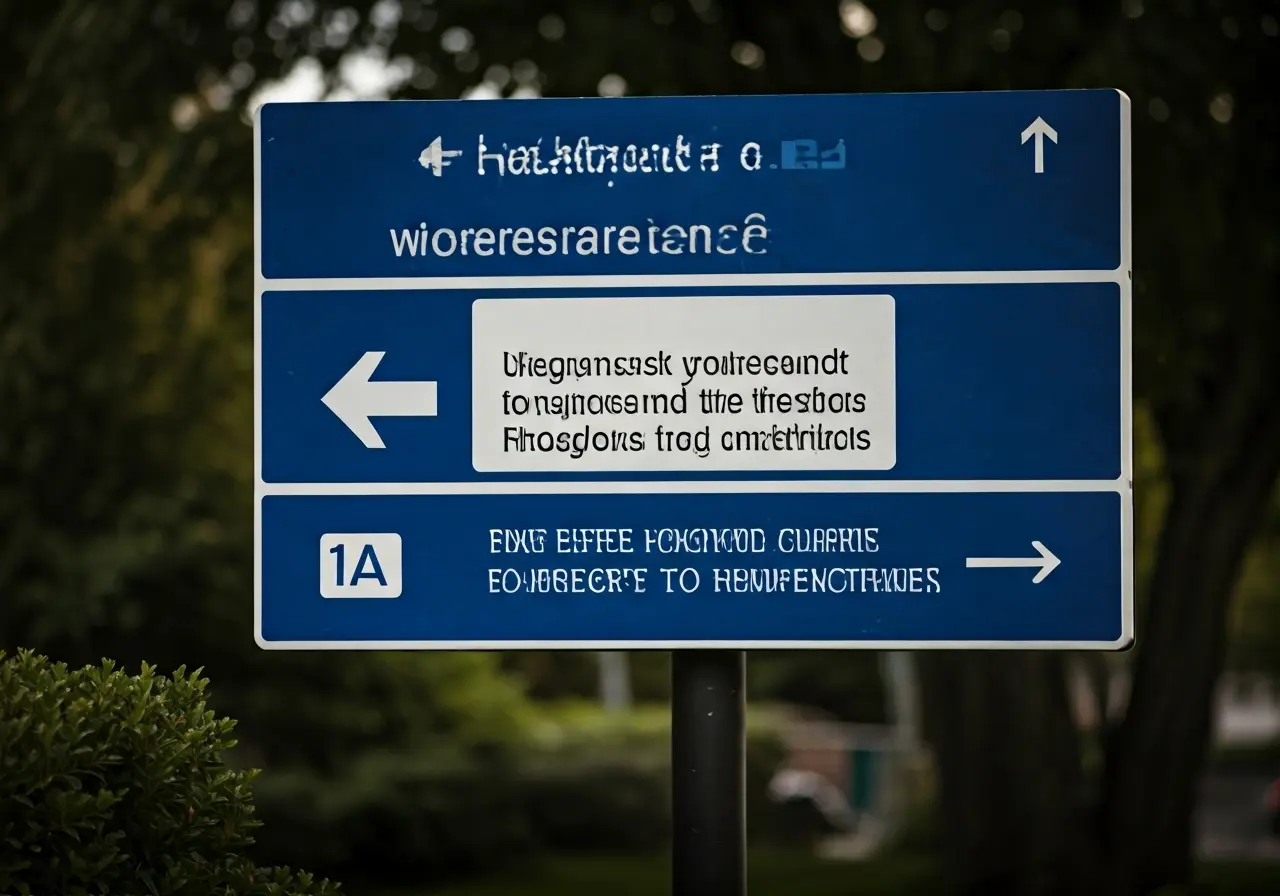In today’s fast-paced world, knowing where to go when you’re in need of medical assistance is crucial. But with various healthcare options available, it can get confusing. Two common choices are urgent treatment and emergency care. Let’s dive into what sets these two apart and when you should choose one over the other.
What is Urgent Treatment?
Urgent treatment centers are facilities equipped to handle non-life-threatening conditions that require immediate attention. Typically, they address issues such as minor fractures, infections, minor burns, or allergic reactions.
These centers are generally open beyond the usual office hours, including evenings and weekends, to accommodate unexpected medical needs. Unlike emergency rooms, which operate 24⁄7, urgent care centers provide a middle ground for cases that don’t warrant a visit to the hospital but cannot wait for a doctor’s appointment.
Patients visiting urgent treatment centers can usually expect shorter wait times and lower costs compared to emergency departments. This makes them an attractive choice for those seeking timely care for medical issues that need prompt attention but are not life-threatening.
Understanding Emergency Care
Emergency care is designed for serious, life-threatening conditions that necessitate immediate medical intervention. This includes heart attacks, severe bleeding, major trauma, or any situation where every second counts.
Emergency departments are equipped with advanced medical technology and staffed by specialists capable of handling complex cases. They can perform surgeries and other critical procedures, making them the right choice for situations where delaying treatment could result in severe consequences or even death.
In addition to immediate life-saving care, emergency rooms provide a comprehensive assessment of serious medical conditions, ensuring that patients receive the necessary interventions as quickly as possible.
Key Differences Between Urgent Treatment and Emergency Care
One of the main differences lies in the severity of the conditions they treat. While urgent treatment is for non-critical issues, emergency care deals with life-threatening scenarios. Also, urgent care services are often more accessible and cost-effective compared to emergency departments.
Another key difference is resource availability. Urgent treatment centers are not equipped to handle serious medical emergencies, lacking the specialized equipment and personnel of a hospital’s emergency room. Emergency departments, on the other hand, have the infrastructure to provide comprehensive life-saving care in a timely manner.
Additionally, the financial aspect distinguishes these two settings. Visits to an urgent care center typically cost less than those to an emergency department, primarily due to the intensive resources and specialized staff required in emergencies. This economic consideration often influences individuals when determining the appropriate level of care.
When to Choose Urgent Treatment
Opt for urgent treatment when you have health problems that can’t wait until the next day, but aren’t severe enough to require emergency intervention. Examples include minor illnesses and injuries where you still need quick access to care.
Conditions such as the flu, non-severe cuts, sprains, or minor burns can all be effectively addressed in urgent care settings. Choosing this level of care ensures timely treatment and can prevent minor issues from escalating into more serious conditions.
Remember, while urgent treatment centers offer convenience and efficiency, they are not substitutes for emergency care. Always assess the severity of your symptoms before making a decision. If you’re unsure, it’s better to err on the side of caution and opt for emergency care if there’s any doubt about the seriousness of your condition.
Situations Requiring Emergency Care
If you’re experiencing symptoms like chest pain, difficulty breathing, severe bleeding, or have been involved in a major accident, it’s crucial to seek emergency care immediately. These symptoms can indicate life-threatening conditions that need prompt attention.
In cases of suspected heart attack or stroke, immediate emergency care is vital, as timely treatment can significantly affect outcomes and survival rates. Similarly, severe allergic reactions, poisoning, or complications from chronic illnesses require emergency intervention to stabilize the patient’s condition.
Always consider the potential for serious consequences when deciding to visit an emergency department. It’s better to seek emergency care and find that it wasn’t necessary than to delay and face detrimental health effects from untreated severe conditions.
Final Thoughts on Choosing the Right Care
Understanding the differences between urgent treatment and emergency care can make a significant impact on your health and well-being. While urgent treatment is suitable for less serious medical needs, emergency care is essential for critical and life-threatening conditions. Always assess the severity of your situation and choose the appropriate care to ensure the best outcomes.





